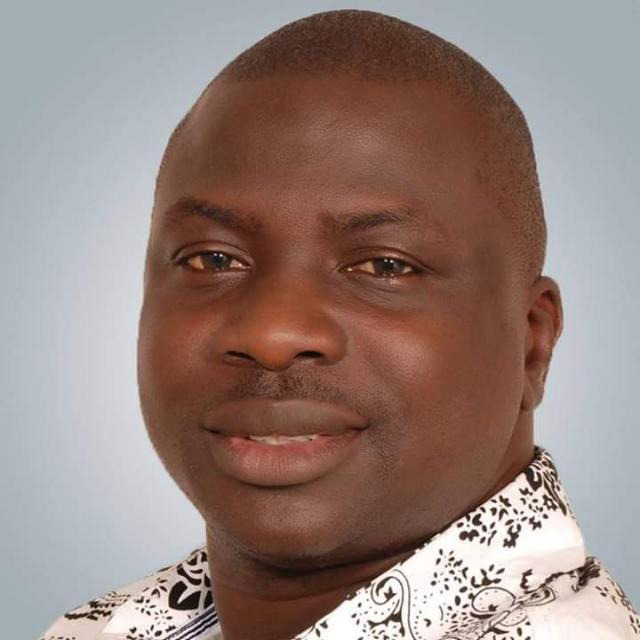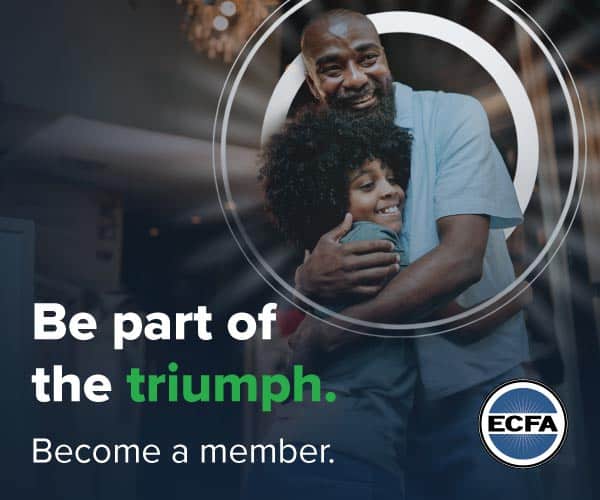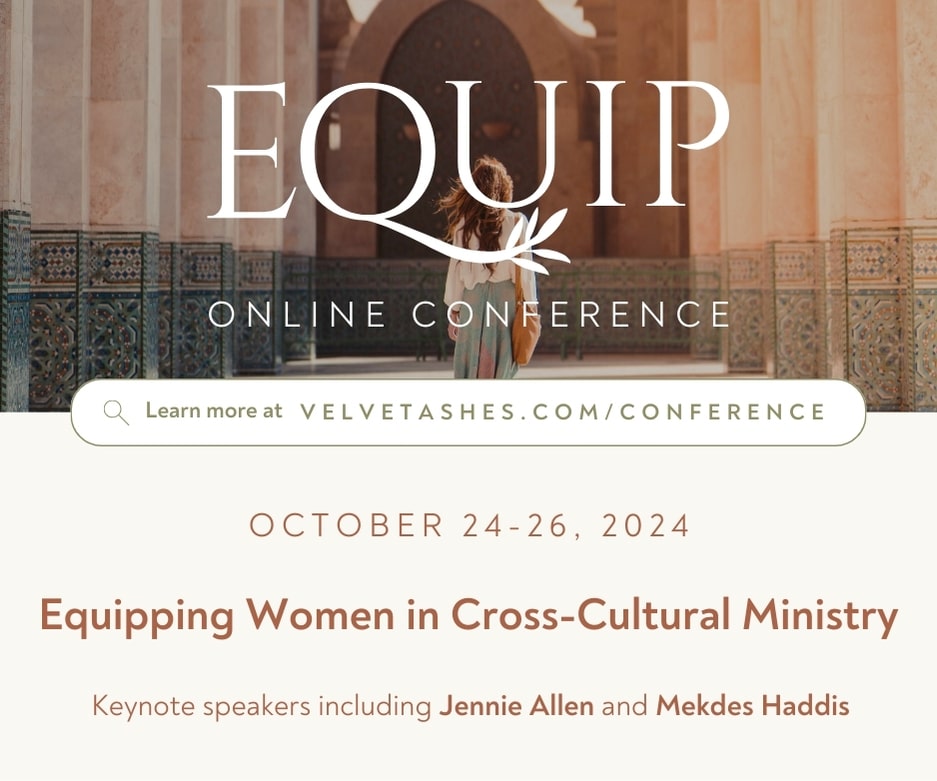EMQ » April–June 2022 » Volume 58 Issue 2
By Adegbite Olanihun

Indigenous mission work in Nigeria started as the product of revival that sent out young Nigerians for missions. It has grown into a global phenomenon with Nigerian missionaries serving all across the world.
In the early days, Nigerian missionaries were not so much sent; instead, they went in obedient response to a missions call from God. Most literally went without “carrying purse, scrip nor shoes” (Luke 10:4, KJV), and God honoured their obedience by opening the nations to them.
Awareness of cross-cultural missions continues growing, and the number of Nigerian missionaries keeps increasing. As the Nigerian Church wakes up to her global missions responsibility, addressing member care issues becomes more critical, and the Church is responding.
The Role of NEMA in Member Care
The Nigeria Evangelical Missions Association (NEMA) is the networking platform for the Nigeria missions movement. At the end of 2021, it comprised 154 missions agencies and continues to grow. While this is not the whole expression of cross-cultural missions in Nigeria, NEMA constitutes the core of collaborative missions in Nigeria.
One of NEMA’s roles is to connect and resource its organizations in member care. NEMA organizes periodic capacity building in member care for agency leaders. With the increasing security challenge in Nigeria, NEMA also responds at the network level to develop strategies and a collective response. A security committee helps the missions community know how to effectively respond to frequent violent attacks and kidnappings on the frontline.
NEMA carries also out periodic retreats where missionaries from across churches and agencies are brought together away from their fields to refresh and renew. This time is also an opportunity for training.
At the height of the COVID-19 pandemic when missionaries and missions work were severely challenged, NEMA mobilized resources to care for frontline missionaries with dwindling support. Finally, NEMA currently facilitates regular support for more than 500 Nigerian missionaries globally.
Nigerian Missions Agencies and Member Care
Quite a number of the missions agencies and the missions departments of churches have developed internal member care mechanisms to provide for the welfare and pastoral care of their missionaries. One agency is very strong on providing and equipping their frontline missionaries with basic spiritual health. They emphasize spiritual vitality and put a structure in place for mutual spiritual accountability among team members and their next line supervisor. The agency has also recently instituted a pension system and retirement plan for their missionaries.
Another agency, knowing the particular health challenges faced by their missionaries, created a dedicated healthcare budget for their missionaries. They’ve gone even further in this area by arranging for hospitals operated by agency partners to care for their missionaries. This agency also provides an annual retreat for their missionaries where they are refreshed spiritually, emotionally, and physically. These care services are complemented by annual scheduled visits by the agency’s leaders to their different missions stations.
Developing a strong short-term missions programme to provide a periodic visit and back up to missionaries on the field is the emphasis of another Nigerian missions agency. A church-based missions organization created a structure of missionary adoption by groups of churches in their denomination. A women’s group in this denomination has been particularly responsive to missionary care needs.
Support from Partnering Agencies and Churches
With the increasing awareness of missions across churches and denominations in Nigerian, God is raising up Christian organizations and groups that provide care for frontline missionaries both locally and internationally. Some of these groups are part of the NEMA network.
One group mobilizes Christians in different locations to pray for missionaries and unreached people groups, to raise funds and resources to meet the needs of the missionaries, and to visit missionaries periodically. Through the efforts of this group, many people groups who have not heard the gospel have become engaged.
Another group is providing support to missionary kids (MKs). They give scholarships to MKs that cover the cost of their final high school exam fee. Other Christian groups adopt missionaries for regular financial support.
A growing number of independent churches are developing capacity and interest in missions. Several have a particular interest in missionary welfare and care. For example, one church went from raising financial support for missionaries among their members to initiating pastoral relationships between missionary families and families or individuals in the church. These relationships have borne great fruits!
Conclusion
Because of the way mission work started in Nigeria, where missionaries went in simple obedience and daring faith, many agency structures are weak and unable to support effective member care for their members. More ground still needs to be covered for member care to be adequate for Nigerian missionaries. However, we are encouraged by the way more Nigerian mission agencies and churches are responding to the member care needs of Nigeria’s community of missionaries.

Adegbite Olanihun (adegbiteolanihun@gmail.com) currently serves as the head of finance and administration at the Nigeria Evangelical Missions Association (NEMA), a Missions network with more than 150 missions organization and missional churches representing more than 15,000 Nigerian Missionaries scattered all over the world. He has served in missions mobilization, research, consulting, teaching/training, disciple making, and missions administration for more than two decades. Adegbite is married with children.
EMQ, Volume 58, Issue 2. Copyright © 2022 by Missio Nexus. All rights reserved. Not to be reproduced or copied in any form without written permission from Missio Nexus. Email: EMQ@MissioNexus.org.






Responses